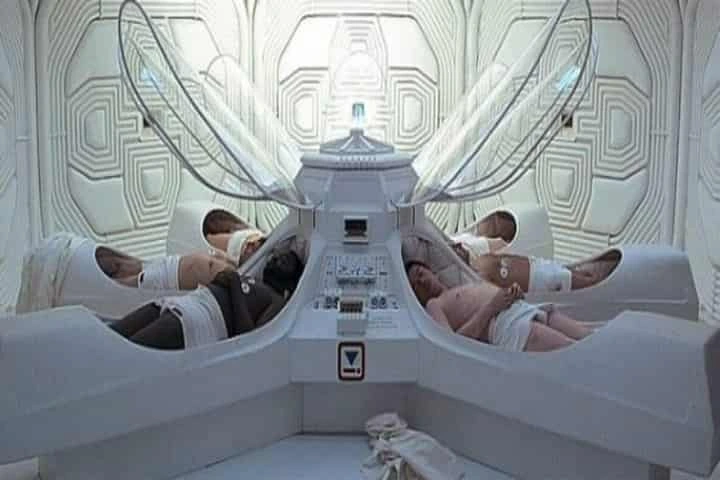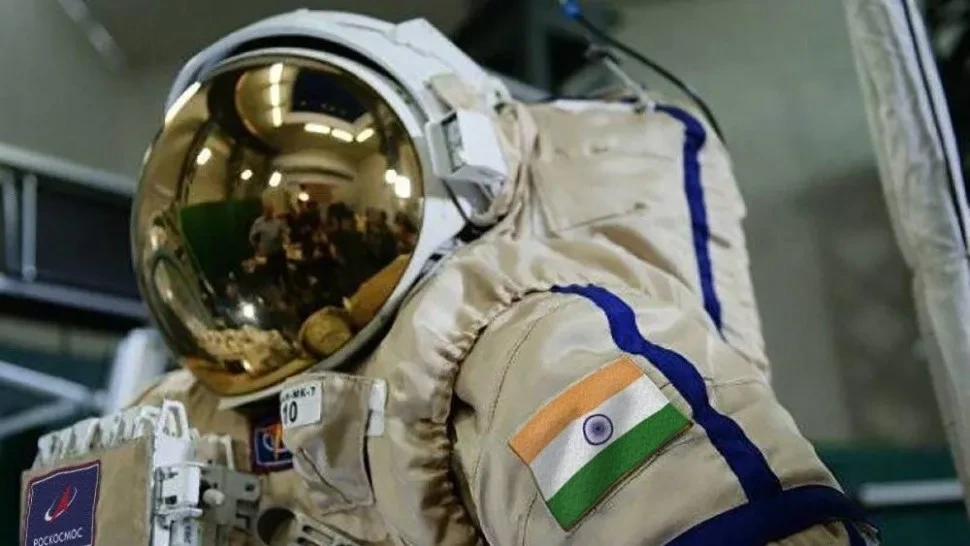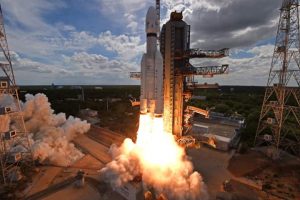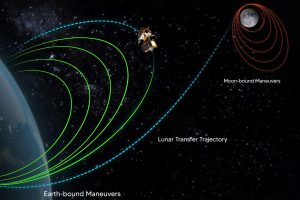Space is the final frontier that humankind wants to explore and travel but this has its own set of peculiar problems including that of food, health and psychology. Most of the literature on science deals with these imponderables by choosing hibernation or a state of sleep for the space travellers to overcome the need to eat and boredom of the long, long travel reports an article in sciencealert.com.
Even though space agencies are studying this aspect, a new study by a team of three researchers from Chile suggests that this solution is highly unlikely. They are Millennium Institute for Integrative Biology’s Roberto F. Nespolo and Carlos Mejias and Francisco Bozinovic from the Pontifical Catholic University of Chile, who looked at the working of body mass and energy expenditure of hibernating animals.
These scientists found out that the minimum level of metabolism that is required to enable the cells to continue functioning under cold and low-oxygen conditions. Human beings for their comparative bigger size will save negligible energy by being in a state of deep hibernation. What the study reveals is that humans would be better off by taking naps in their usual way.
Hibernation conjures up the image of a big bear quietly resting for a long period during the winter. Even though they rest for a considerable time, their sleeping is in no way the same as the hibernation of bats and ground squirrels. For these animals, their temperature goes down considerably, the metabolism reduces while the breathing and heart rate become slow. All this results in reduction of energy requirement by as almost 98 per cent in some cases, and thus making the need to hunt and look for food redundant. Even in this state, the creature still loses more than 25 per cent of its body weight since the reserves are used.
Applying this calculation, for an adult human being who is hibernating, the daily intake of food would be reduced to just a couple hundred kilojoules of body fat. Thus, the sleeping space traveller would over a year end up losing two kilograms of weight.
This might be okay for a quick dash yet for an interstellar space journey which may last decades, there will be the need for some extra hundred kilograms or the person needs to wake up regularly to drink and eat.
To understand the scaling of hibernation, the team did a statistical analysis of previous studies of several such species. This helped them to arrive at the conclusion that hibernating animals' daily energy expenditure scales in a balanced way. A tiny 25-gram leaf-eared bat’s gram of tissue will require as much energy as that needed by a gram of tissue from a ground squirrel which is 820 grams.
When it comes to human beings, the total energy requirement when hibernating is not significantly different from what is required when we are at rest.
Therefore, it reasons out why bears are not able to hibernate the way smaller creatures do which means that for humans to risk cooling their bodies, reducing their heart rate and breathing and depressing metabolism may not yield the results which are expected.
The details of this research were published in Proceedings of the Royal Society B.
Also read: Can ground squirrels teach scientists how humans can live for long?




















